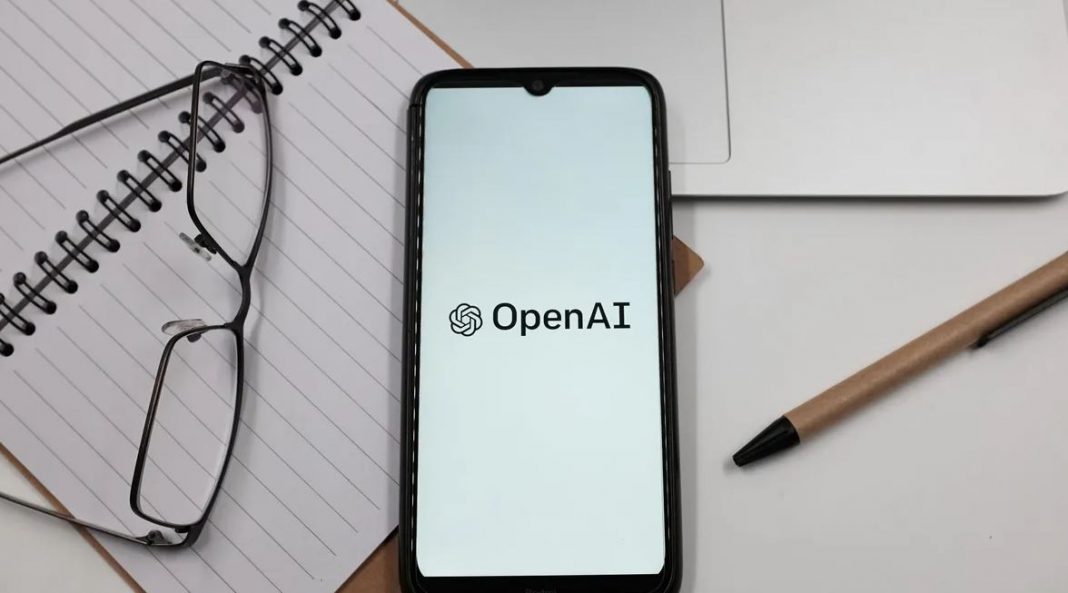According to a story in the Washington Post, the U.S. Federal Trade Commission has requested papers from OpenAI as part of an investigation into whether or not the company’s conversational AI tool ChatGPT causes damage to customers.
According to reports, ChatGPT is being investigated for potentially breaking consumer protection regulations due to insufficient data security.
Concerns have been growing about the safety of the technology as ChatGPT’s popularity has skyrocketed in the eight months since its debut, prompting a race among Silicon Valley tech firms to create rival artificial intelligence chatbots. While ChatGPT’s training on massive amounts of online content allows it to provide human-like replies to questions, it has a history of producing falsehoods.
An official investigation into a generative AI tool has begun with the FTC looking into a firm supported by Microsoft Corp. Commissioner of the Federal Trade Commission Lina Khan warned lawmakers on Thursday that they need to “be vigilant early” in the area of artificial intelligence, and she has been a prominent opponent of the popular AI chatbot.
The FTC said nothing about the probe since it was confidential. Even Microsoft said nothing.
When asked for comment, OpenAI sent us to a tweet from OpenAI CEO Sam Altman on Thursday. The leak “does not help build trust,” Altman said, and “it is very disappointing to see the FTC’s request start with a leak.” However, we are sure that we operate within the law and that [our] technology is safe and beneficial to consumers. Naturally, we plan to cooperate with the FTC.
The investigation follows Senate hearings in May, when Altman advocated for more oversight and independent audits of AI. Altman has proposed that the government establish a special department to manage AI policy.
A complaint was submitted to the Federal Trade Commission by the Centre for Artificial Intelligence and Digital Policy in March. For six months, they want to stop training AI models to “ensure the establishment of necessary guardrails to protect consumers, businesses, and the commercial marketplace.” They also demanded a probe into the rapidly evolving technology.
Marc Rotenberg, the center’s CEO and a veteran privacy champion, said, “What we need them to do is enjoin OpenAI to prevent further releases of GPT until adequate safeguards are available.”
The federal government’s efforts to regulate AI have lagged behind the rapid advancements in the field. Khan has said that the FTC is investigating a wide range of problems, including the potential damage these technologies pose to consumers and whether or not the top tech firms pushing generative AI are using data to discriminate against competitors in the marketplace.
Khan, writing in an op-ed for the New York Times in May, acknowledged that AI had “highly disruptive” potential but warned that the rapid expansion of Facebook and Google in the mid-2000s should serve as a warning. She praised the innovation of such digital firms, but noted that the free services they offered “came at a steep cost” in the form of the collection and resale of customers’ private information.
She mentioned many areas where she thinks generative AI might cause problems, including collusion, monopolisation, mergers, and pricing discrimination. Since only a few number of companies have access to the cloud services, data, and computing capacity necessary to create AI tools, fair competition is also a key challenge.
According to the Post, the FTC demanded documentation from OpenAI detailing any and all reports of ChatGPT making “false, misleading, disparaging, or harmful” claims about individuals. According to the Post, the FTC is investigating whether the corporation engaged in unfair or deceptive practises that caused “reputational harm” to customers.
Tech titans from the Valley have also spoken out for AI regulation. Google, which created the competing chatbot Bard, has argued against the creation of a “Department of AI” and instead favoured a “multi-layered, multi-stakeholder approach to AI governance” in a statement to the National Telecommunications and Information Administration.
Microsoft agrees with Altman that a new, more centralised government body is needed to keep tabs on the regulatory landscape.
Music and tech industry leaders testified at the Senate Judiciary Committee’s first hearing on artificial intelligence and copyright problems on Wednesday.
Republican senators slammed Khan in a hearing on Thursday, calling her a “bully” for her hardline antitrust position, calling into question her integrity, and calling her leadership “a disaster.”

